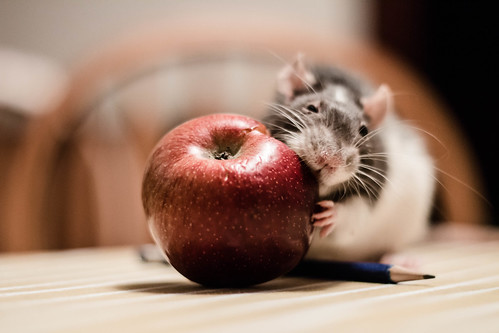Welcome to Word Buzz Wednesday, your go-to place for some of the most interesting words of the week. The latest: an ultra-unreal literary genre, a narcissistic blend, and a fear of the new.
chaohuan
“To help bridge this gap, Beijing-based novelist Ning Ken has created a new literary genre to properly convey the absurdity of modern life in China: chaohuan.”
Adrienne Matel, “A new literary genre critiques the scariest, most unbelievable part of life in China—reality,” Quartz, September 20, 2016
Chaohuan, translating from Chinese to mean “ultra-unreal,” is intended to describe what traditional literary tropes have struggled with, says Quartz. Mystery, satire, and horror can’t seem capture “China’s day-to-day corruption, warp-speed modernization, supersonic development, and political oppression.” Hence, chaohuan.
Chaohuan is similar to magic realism in that “bizarre events [are] normalized,” but unlike Gabriel Garcia Marquez’s genre of choice, it “focuses on real-life events, not supernatural occurrences.”
coil-curl merger
“This feature, known as the coil-curl merger, is really only heard in New Yorkers born before World War II.”
Dan Nosowitz, “Why Linguists are Fascinated by the American Jewish Accent,” Atlas Obscura, September 26, 2016
The curl-coil vowel merger is particularly associated with now little-heard dialects of New York, New Orleans, and Charleston in the early 20th century. The example Atlas Obscura uses is Mel Brooks as Yoda sendup Yogurt in Spaceballs: “You hoid of me?” instead of “You heard of me?”
creep response
“The research team managed to stabilize a copper alloy microstructure capable of resisting what’s called ‘creep response,’ which refers to how materials lose their form under the stress of very high temperatures.”
Kevin McCaney, “With military research into nanomaterials, the future looks light,” Defense Systems, September 30, 2016
Creep, in materials science, refers to “the tendency of a solid material to move slowly or deform permanently under the influence of mechanical stresses.” The word creep is quite old, originating as a verb in the ninth century, says the Oxford English Dictionary (OED).
meflection
“We saw several instances of meflection at the debate, with Trump using just about any issue principally to aggrandize himself and deflect from the actual issue, often by wedging a remark about how great or important or beloved he is into contexts that can’t support them.”
Lili Loofbuorow, “The Trump Glossary,” The Week, September 27, 2016
This narcissistic portmanteau is a blend of me and deflection.
neophobic
“Rats are neophobic – they avoid what they don’t know.”
Jordan Kisner, “Man v rat: could the long war soon be over?” The Guardian, September 20, 2016
According to the OED, the word neophobic originated in 1923 in Science Monthly: “The neophobic patient shows marked aversion and resentment at the sight of anything new.” Neophobia is from an October 1886 issue of Popular Science Monthly: “In the student, curiosity takes the place of neophobia.”
